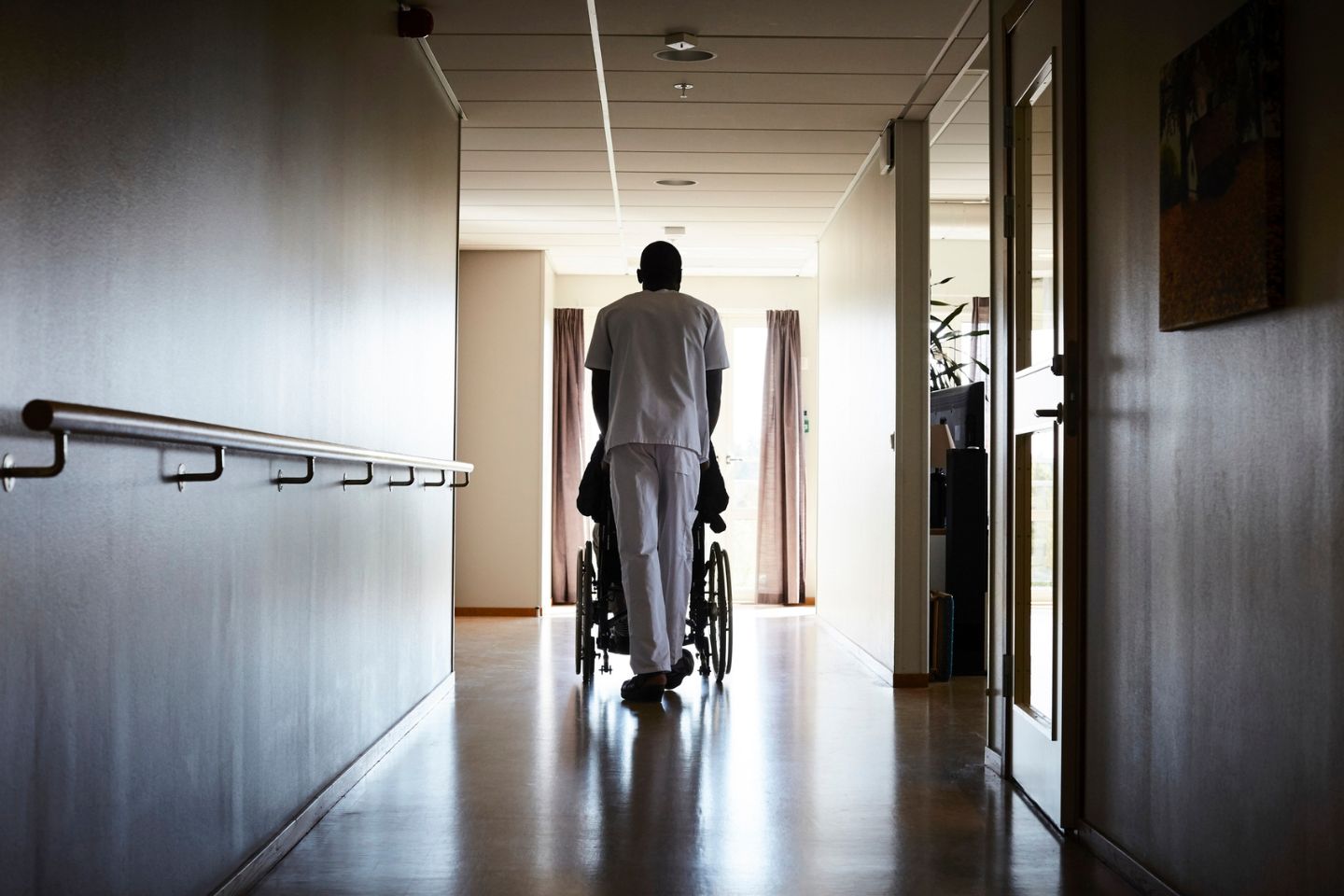In a distressing incident in Medellin, Michael Eugene Clark, Jr., a Miami native, suffered severe burns in an overseas explosion, highlighting the challenges faced during medical emergencies abroad. Urgently needing treatment at Jackson Memorial Hospital’s burn unit in South Florida, Clark, Jr.’s family encounters hurdles as Colombian authorities demand payments before releasing him.
As CBS News reported on November 2, the family’s plea for assistance from Hospital de San Vicente Fundacion went unanswered, adding to the uncertainty. The incident serves as a poignant reminder of the importance of international travel insurance, especially during unforeseen medical emergencies.
Here are essential tips emphasizing the significance of having comprehensive coverage.
Coverage Beyond Borders
Michael’s situation underscores the limitations of domestic insurance abroad. When planning international trips, ensure your travel insurance provides comprehensive coverage, including medical expenses, repatriation, and emergency evacuation.
Urgency of Response
Emergencies demand swift action. Choose an insurance provider with a reliable and responsive assistance service, facilitating quick communication and coordination in critical situations.
Verify Coverage Details
Before embarking on your journey, thoroughly review your insurance policy. Confirm that it covers a wide range of medical emergencies, including accidents and illnesses, and provides coverage for evacuation if necessary.
Destination-Specific Considerations
Different countries have varying healthcare systems and associated costs. Tailor your insurance to the specific needs and potential challenges of your destination to avoid unforeseen financial burdens.
Financial Preparedness
Despite having medical insurance, Clark, Jr.’s family faces the burden of out-of-pocket expenses. Ensure your travel insurance not only covers medical costs but also provides support for potential upfront payments and arrangements with foreign healthcare providers.
Communication with Healthcare Providers
Inquire about the acceptance of your insurance at healthcare facilities in your destination. This proactive approach can help avoid complications during emergencies and ensure a smoother claims process.
24/7 Assistance Services
Opt for travel insurance that offers round-the-clock assistance services. This ensures that you can access help and guidance at any time, overcoming time zone differences and language barriers.
Evacuation and Repatriation
Medical emergencies might necessitate evacuation or repatriation. Verify that your insurance covers these services, providing a safety net for situations where returning home for treatment is the best option.
Family Support
In times of crisis, having family members by your side is crucial. Choose an insurance policy that includes provisions for family travel and accommodation expenses in case they need to join you during an emergency.
Documentation
Keep all relevant insurance documents, including policy details and emergency contact information, easily accessible. This ensures a seamless process in the event of a medical emergency.





